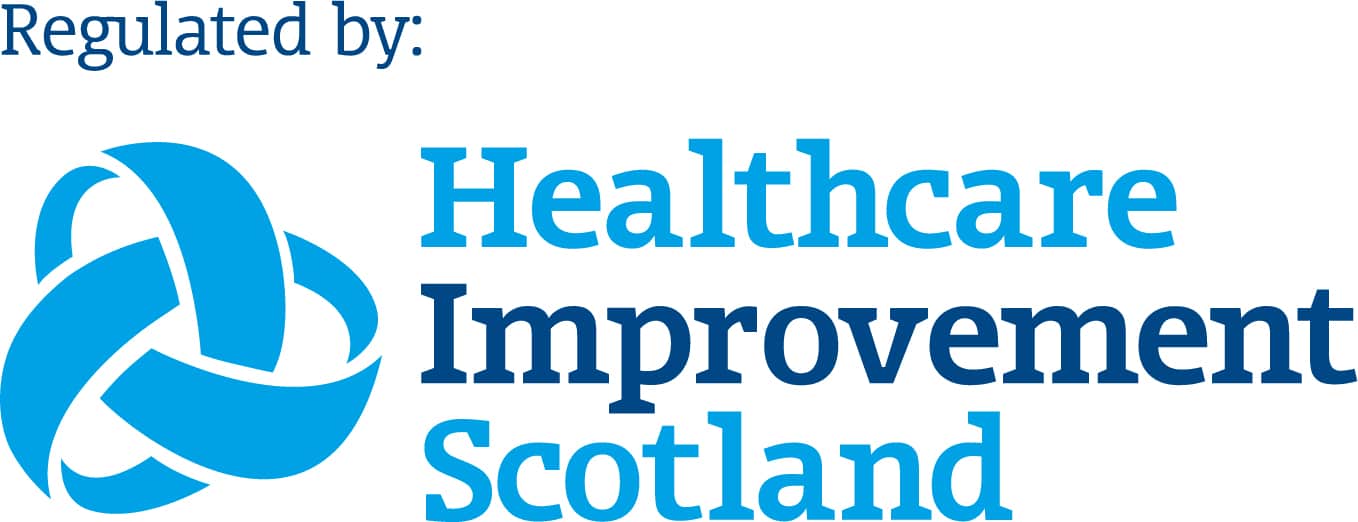Antidepressant medication is a commonly used treatment for people suffering from mood and anxiety disorders. However, it is estimated that approximately half of patients commenced on such treatment do not notice any improvement in their symptoms, with even less noticing a complete resolution of their symptoms (1).
The way in which individuals respond to, and tolerate, different types of such medication is often dependent on a myriad of factors including environmental, social and genetic factors, and of course the possibility that the diagnosis may not be an accurate one.
What if, however, the response to antidepressants could be predicted on the basis of an individual’s genetic make up?
This is the basis of a developing field of medicine often termed “Personalised Medicine” and involves the use of pharmacogenetics.
Pharmacogenetics is a branch of pharmacology (the science of drugs) that uses a person’s genetic make up to predict their response to various drugs.
Pharmacokinetics
There are two separate issues to consider when considering which antidepressant to prescribe. Firstly, which antidepressant will be the most effective? Secondly, will this antidepressant potentially result in adverse side effects?
Regarding these issues, researchers have looked at how individuals metabolise (use or breakdown) certain drugs (an area known as pharmacokinetics). If an individual is considered a poor metaboliser of a particular drug, then they may require higher doses to achieve an effective concentration of the drug in their body.
In contrast, an individual who is considered an ultra- or extensive metaboliser for that drug may need just 1 dose of an antidepressant tablet to achieve a level needed for treatment. However, this may also mean that this individual is at risk of potentially toxic doses of the antidepressant tablet – even though the dose is considered low or normal according to prescribing guidelines.
Therefore, knowledge of an individual’s genetic metaboliser status can help doctors to reduce the risk of side effects, as well as ensure that the correct dose is prescribed to become effective as quickly as possible.
Pharmacodynamics
Studies have also looked at the pharmacodynamics of the drug (how the body responds to the drug) may be affected by a person’s genetic make up. By looking at drug receptors and drug transporters, small changes in the genetic expression of these substances can affect treatment responses – a small mutation in a gene can result in the difference between one patient responding to a drug and another being relatively resistant to its effect.
Commercial Applications
As this area of medicine continues to develop, there are now numerous commercial applications available to doctors. For example, in the USA, during a 6-month period, 6% of psychiatrists had used a pharmacogenetic test on their patients prior to commencing antidepressant therapy (2).
It is important to remember that there is still much to learn about how learning the pharmacogenetics of a person can help decisions regarding prescribing antidepressants, and indeed, many other medications. Many studies are still ongoing, and the reliability of many commercial testing kits remains unknown. It is also important to remember that results in research labs do not always correlate with clinical effects in real life – and do not take into account a patient’s environment and other potential stressors that may affect how they respond to antidepressant medication.
Nevertheless, the use of pharmacogenetics is only likely to increase in the future. It is now possible to obtain an individual’s genetic information and generate reports that can recommend tailored and individualised treatment recommendations. For patients struggling with adverse effects, or perhaps on their second or third trial of a different antidepressant medication, this can provide hope that they may find an effective treatment for their symptoms.
Are the pharmacogenetics of antidepressant medication – or any other medication something that you are interested in learning more about? If so, please get in touch.
- Rush AJ Trivedi MH, Wisniewski SR et al. Acute and longer-term outcomes in depressed outpatients requiring one or several treatment steps: a STAR*D report. Am. J. Psychiatry 163,1905–1917 (2006).
- Salm M, Abbate K, Appelbaum P, Ottman R, Chung W, Marder K, Leu CS, Alcalay R, Goldman J, Curtis AM, et al. Use of genetic tests among neurologists and psychiatrists: knowledge, attitudes, behaviors, and needs for training. J Genet Couns. 23(2):156–163 (2014).


